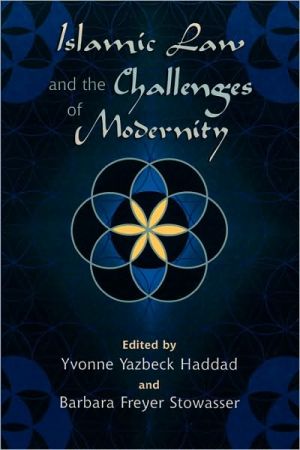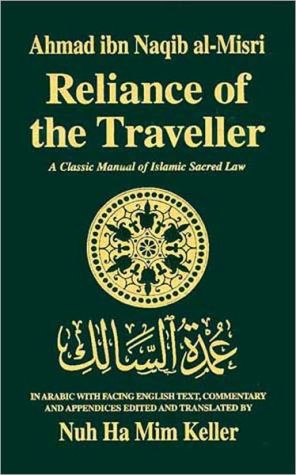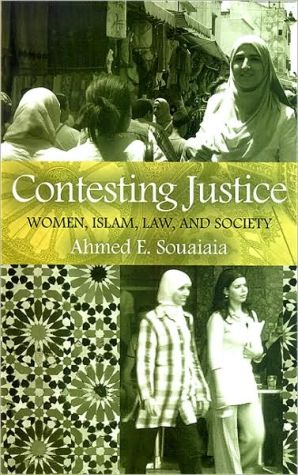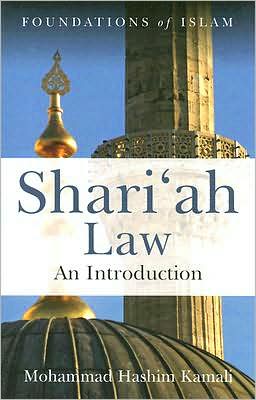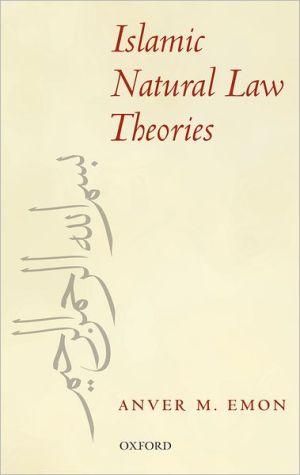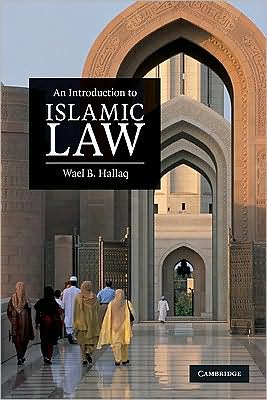Islamic Law and the Challenges of Modernity
Since Europeans first colonized Arab lands in the 19th century, they have been pressing to have the area's indigenous laws and legal systems accord with Western models. Although most Arab states now have national codes of law that reflect Western influence, fierce internal struggles continue over how to interpret Islamic law, particularly in the areas of gender and family. From different geographical and ideological points across the contemporary Arab world, Haddad and Stowasser demonstrate...
Search in google:
Since Europeans first colonized Arab lands in the 19th century, they have been pressing to have the area's indigenous laws and legal systems accord with Western models. Although most Arab states now have national codes of law that reflect Western influence, fierce internal struggles continue over how to interpret Islamic law, particularly in the areas of gender and family. From different geographical and ideological points across the contemporary Arab world, Haddad and Stowasser demonstrate the range of views on just what Islam's legal heritage in the region should be. For either law or religion classes, Islamic Law and the Challenges of Modernity provides the broad historical overview and particular cases needed to understand this contentious issue.
AcknowledgmentsIntroduction : Islamic law and the challenge of modernity1Pt. 1Modernization and legal reform in the Arab worldCh. 1Can the Shari'a be restored?21Ch. 2Inscribing the Islamic Shari'a in Arab constitutional law55Ch. 3A typology of state Muftis81Ch. 4A contextual approach to improving asylum law and practices in the middle east99Pt. 2Legal reforms and the impact on womenCh. 5Internationalizing the conversation on women's rights : Arab countries face the CEDAW committee133Ch. 6Tahlil marriage in Shari'a legal codes, and the contemporary Fatwa literature161Ch. 7Egyptian feminism : trapped in the identity debate183Ch. 8Muslim women and legal reforms : the case of Jordan and women's work213Bibliography233Glossary245Index251About the contributors261
\ Journal of The American Academy of ReligionThese essays are a useful contribution to the increasing number of debates on Islamic law today. . . . the broad spectrum of themes and the style of writing ensure that scholars from a wide range of disciplines will be able to absorb the main arguments and perceive the specific ethical dilemmas in Islamic legal discourse today.\ \ \ \ \ ChoiceThis compilation of eight research articles on Islamic law by leading experts, edited by two equally distinguished scholars, is a timely work that is rich in its analysis, broad in its scope, and balanced in its approach. The discourse envelops the intricacies, contradictions, and interpretive controversies of Islamic law as faced by the modern-day Arab states. It covers the impact of East-West interaction on Islamic legal codes and Sharia; the relevance of traditional Islamic customs/rules to present circumstances; the competence and caliber of Islamic scholars who are supposed to define and elaborate the practical aspects of law; and areas of dispute especially in matters of family law and gender related aspects. The work defines these topics well and provides excellent citations and sources for further research. The contributors address the subject from a variety of vantage points and provide sufficient background on the issues from theoretical and scholarly as well as historical and political perspectives. Highly recommended.\ \ \ Journal of the American Academy of ReligionThese essays are a useful contribution to the increasing number of debates on Islamic law today. . . . the broad spectrum of themes and the style of writing ensure that scholars from a wide range of disciplines will be able to absorb the main arguments and perceive the specific ethical dilemmas in Islamic legal discourse today.\ \ \ \ \ CHOICEThis compilation of eight research articles on Islamic law by leading experts, edited by two equally distinguished scholars, is a timely work that is rich in its analysis, broad in its scope, and balanced in its approach. The discourse envelops the intricacies, contradictions, and interpretive controversies of Islamic law as faced by the modern-day Arab states. It covers the impact of East-West interaction on Islamic legal codes and Sharia; the relevance of traditional Islamic customs/rules to present circumstances; the competence and caliber of Islamic scholars who are supposed to define and elaborate the practical aspects of law; and areas of dispute especially in matters of family law and gender related aspects. The work defines these topics well and provides excellent citations and sources for further research. The contributors address the subject from a variety of vantage points and provide sufficient background on the issues from theoretical and scholarly as well as historical and political perspectives. Highly recommended.\ \
